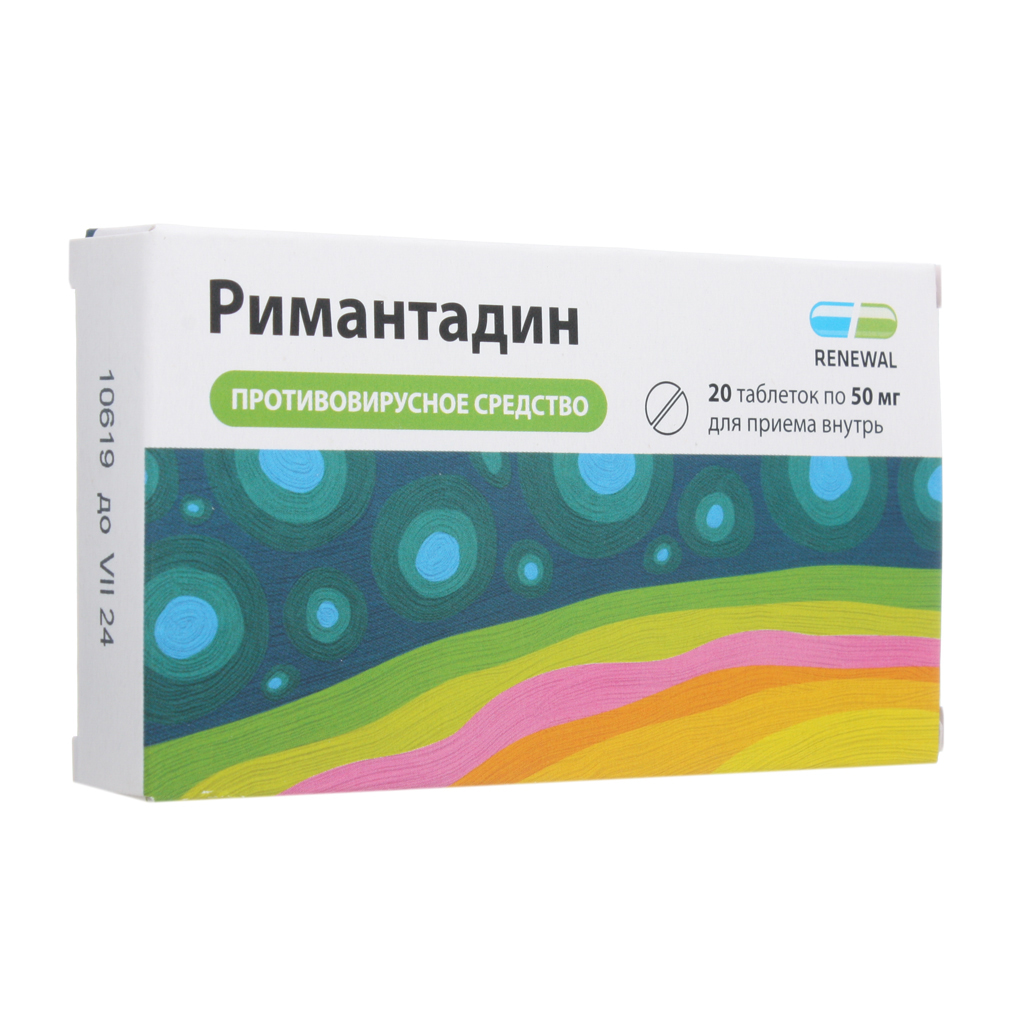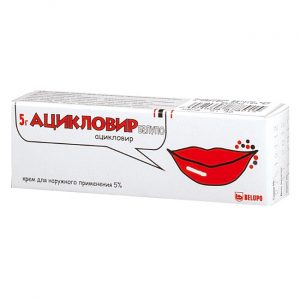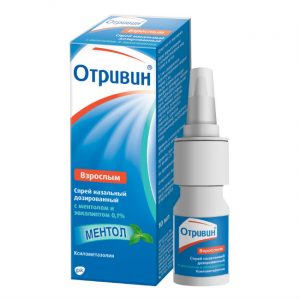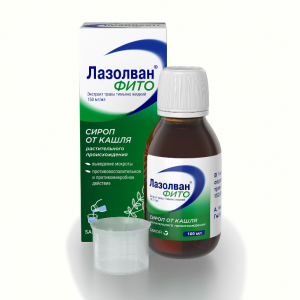Description
Pharmacological action
Pharmacodynamics
Rimantadine is active against various strains of influenza A. Being a weak base, rimantadine acts by increasing endosomes that have a vacuole membrane that surrounds the viral particles after they enter the cell.
The prevention of acidification in these vacuoles blocks the fusion of the viral envelope with the endosome membrane, thus preventing the transmission of viral genetic material to the cytoplasm of the cell. Rimantadine also inhibits the release of viral particles from the cell, i.e. interrupts the transcription of the viral genome.
Pharmacokinetics
After oral administration, rimantadine is almost completely absorbed in the intestines. Absorption is slow. Communication with plasma proteins – about 40%. Distribution volume: adults – 17-25 l / kg, children – 289 liters.
Concentration in nasal secretion is 50% higher than in plasma. The maximum concentration (C) of the active substance in blood plasma at a dose of 100 mg once a day is 181 ng / ml, at 100 mg twice a day – 416 ng / ml. Metabolized in the liver. The elimination half-life is 24-36 hours 75-85% of the dose taken is excreted by the kidneys mainly in the form of metabolites, 15% – unchanged.
In chronic renal failure, the elimination half-life is doubled. In persons with renal failure and in elderly people, it can accumulate in toxic concentrations if the dose is not adjusted in proportion to a decrease in creatinine clearance (CC).
Indications
Prevention and early treatment of influenza A in adults and children older than 7 years.
Contraindications
Acute liver disease,
acute and chronic kidney disease,
thyrotoxicosis,
hypersensitivity to rimantadine,
pregnancy and lactation,
children under 7 years old, lactosis, malignant lactosis because the composition of the drug includes lactose).
Caution: for arterial hypertension, cerebral arteriosclerosis, liver failure, epilepsy, diseases of the gastrointestinal tract.
Special instructions
When using rimantadine, exacerbation of chronic concomitant diseases is possible. In elderly patients with arterial hypertension, the risk of hemorrhagic stroke increases.
With a history of epilepsy and ongoing anticonvulsant therapy with rimantadine, the risk of developing an epileptic seizure increases. In such cases, rimantadine is used at a dose of 100 mg per day simultaneously with anticonvulsant therapy.
With influenza caused by virus B, rimantadine has an antitoxic effect.
Prophylactic is effective in contact with patients, with the spread of infection in closed groups and at high risk of the disease during an influenza epidemic. Perhaps the emergence of drug-resistant viruses.
During the treatment period, care must be taken when driving vehicles and engaging in other potentially hazardous activities that require increased concentration of attention and speed of psychomotor reactions.
Composition of
per tablet
active ingredients:
rimantadine hydrochloride – 50 mg
excipients:
lactose (milk sugar) – 60 mg,
potato starch – 37 mg,
1.5 kg of stearate 1.5 mg
Dosage and administration
Inside after a meal with water.
Treatment for influenza should begin within 24-48 hours after the onset of symptoms of the disease.
Adults are prescribed 100 mg 3 times a day on the first day on the second and third days, 100 mg 2 times a day on the fourth and fifth days, 100 mg once a day. On the first day of the disease, it is possible to use the drug once in a dose of 300 mg.
Children aged 7 to 10 years are prescribed 50 mg 2 times a day from 11 to 14 years old – 50 mg 3 times a day. Older than 14 years – doses for adults.
Accepted within 5 days.
For the prevention of influenza, adults are prescribed 50 mg once a day for up to 30 days. Children over 7 years old – 50 mg 1 time per day for up to 15 days.
Side effects of the
Digestive system: dry mouth, nausea, vomiting, loss of appetite, epigastric pain,
flatulence from the central nervous system: headache, dizziness, insomnia, neurological reactions, impaired concentration, drowsiness, anxiety , irritability,
fatigue other: hyperbilirubinemia, allergic reactions (skin rash, pruritus, urticaria).
Overdose
Symptoms: agitation, hallucinations, arrhythmia.
Treatment: gastric lavage, symptomatic therapy: measures to maintain vital functions. Rimantadine is partially excreted during hemodialysis.
Storage conditions
In a dry, dark place at a temperature of no higher than 25 ° C.
Keep out of the reach of children.
Expiration
5 years.
Deystvuyuschee substances
rimantadine
pharmacy terms Without prescription
dosage form
tablets




